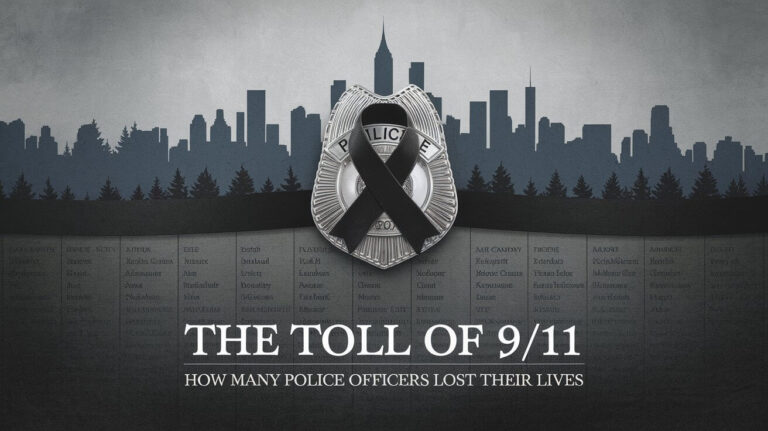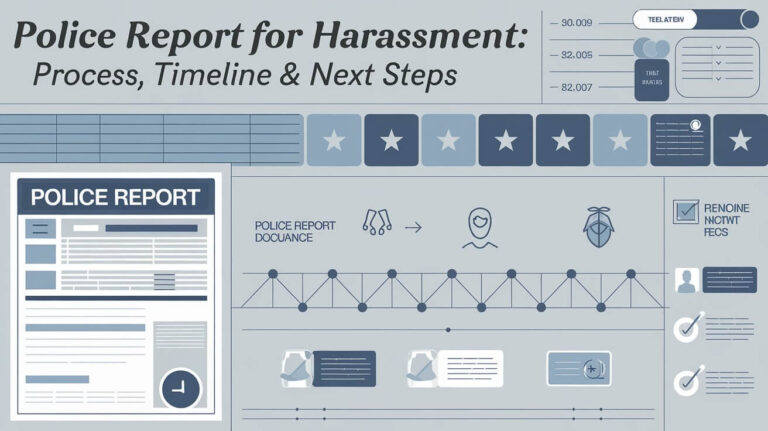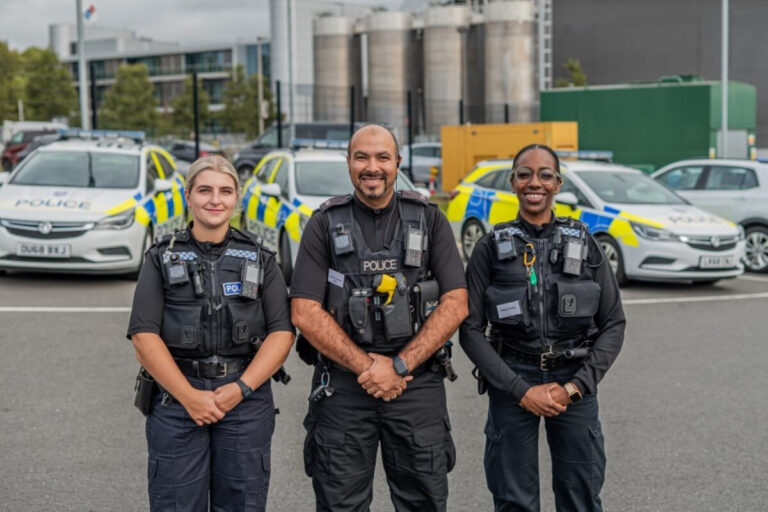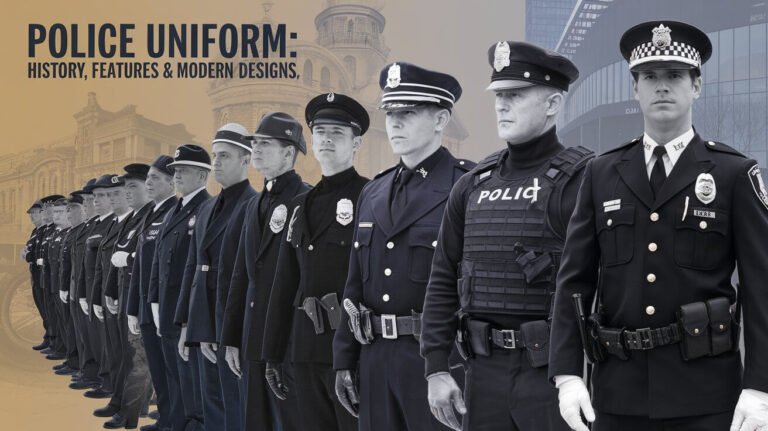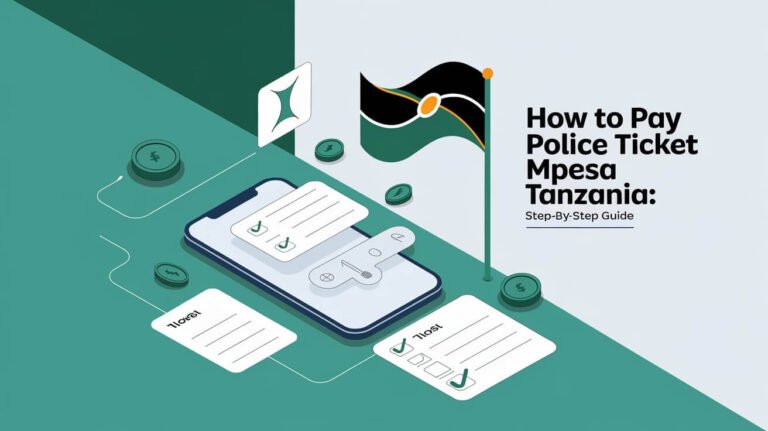How To Become A Police Officer In California: Requirements & Steps
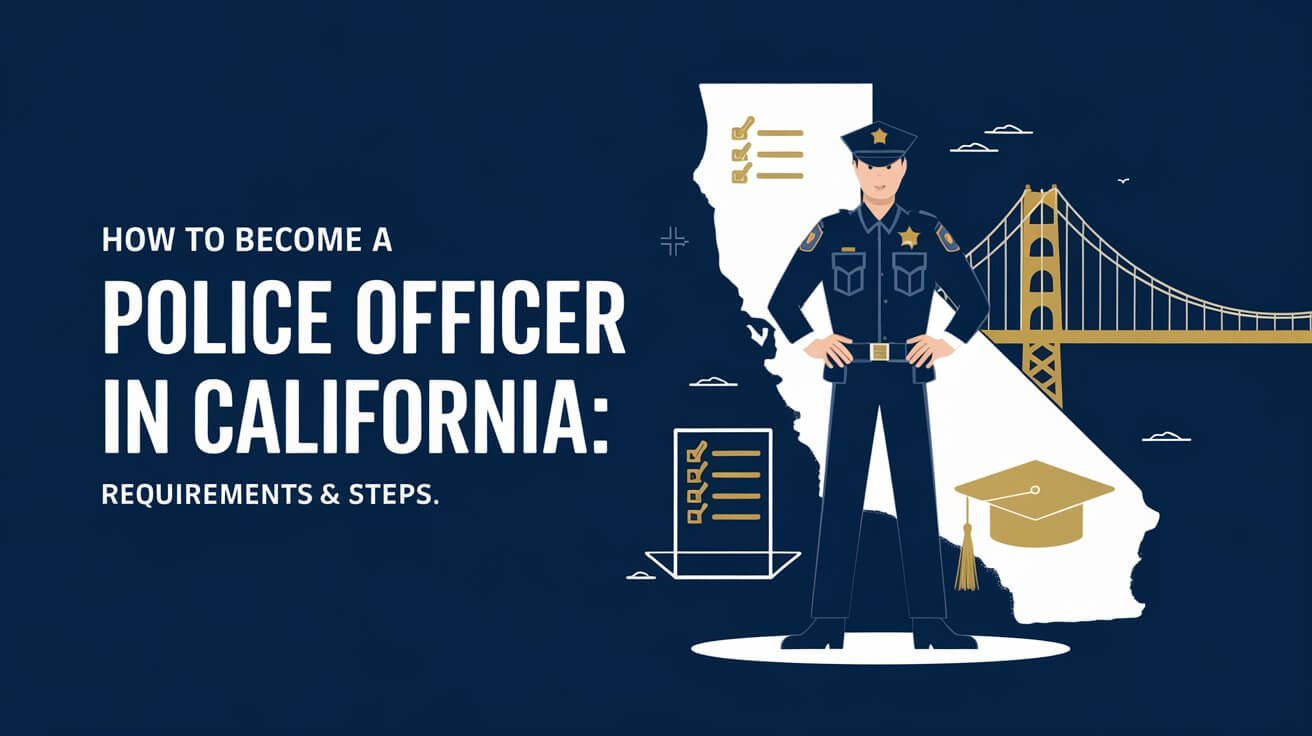
Are you interested in serving your community as a law enforcement officer in California? To become a police officer in California, you must meet strict standards set by the Commission on Peace Officer Standards and Training (POST). These standards include age and citizenship requirements, as well as physical and mental evaluations.
The journey to becoming a police officer in California is tough but fulfilling. Let’s explore the key steps and qualifications you need to become a part of California’s law enforcement.
California Police Officer Basic Requirements
To become a police officer in California, you must meet strict standards. You need to be at least 21 years old and have the right to work in the U.S. You also need a high school diploma, GED, or a California High School Proficiency Examination certificate.
Age and Citizenship Standards
In California, you must be at least 21 years old to apply. You also need to be allowed to work in the U.S. This can be as a U.S. citizen or with valid authorization.
Education and Background Criteria
- High school diploma, GED, or California High School Proficiency Examination
- Clean criminal record, free from felony convictions
- Successful completion of a thorough background investigation
Physical and Mental Health Requirements
California police officers must also meet physical and mental health standards. You need 20/20 corrected vision and normal color vision. You must also pass medical and psychological evaluations. Good moral character, as shown by a background investigation, is key.
| Requirement | Details |
|---|---|
| Vision | 20/20 corrected vision, normal color vision |
| Medical Evaluation | Comprehensive medical assessment to ensure physical fitness |
| Psychological Evaluation | Thorough psychological examination to assess mental health |
| Background Investigation | Detailed review of personal history and character to ensure suitability |
California POST Training Academy Structure
The California Commission on Peace Officer Standards and Training (POST) oversees training for police officers. The police academy requirements in California have a strict curriculum. This meets the minimum standards set by POST certification.
The POST certification California program is a 904-hour course. It lasts six months. Trainees go to the academy full-time, Monday to Friday, from 8:00 a.m. to 5:00 p.m. They learn the basics of law enforcement.
| Training Format | Minimum Hours | Delivery Schedule |
|---|---|---|
| Standard Regular Basic Course | 664 hours | One-part instructional sequence |
| Modular Regular Basic Course | 730 hours | Three-part instructional sequence |
| PC 832 Course | 64 hours | Includes Arrest and Firearms components |
The curriculum includes many topics. These are criminal law, patrol procedures, and investigative techniques. Trainees also learn about firearms and physical conditioning. They are taught the Law Enforcement Code of Ethics, which guides their future careers.
Physical Fitness Standards and Testing
To become a police officer in California, you must pass tough physical tests. The key test is the POST Work Sample Test Battery (WSTB). It checks your physical skills through real-life scenarios. You need to score at least 384 points out of 600 to pass.
Physical Agility Exam Components
The WSTB tests your physical abilities with tasks similar to police work:
- Dynamometer (measures grip strength)
- Sit-ups
- Push-ups
- Wall Agility Run
Fitness Preparation Tips
Preparing for the physical test is key. Many police departments in California offer training programs. These help you build strength, endurance, and agility for the police physical fitness test California and law enforcement physical requirements.
Work Sample Test Battery Requirements
The WSTB scores each task, with a minimum of one point per event. You need at least 20 points to pass the physical test.
| Test Component | Minimum Score | Maximum Score |
|---|---|---|
| Dynamometer | 40.67 seconds | 73.67 seconds |
| Sit-Ups | 21 repetitions | 38 repetitions |
| Push-Ups | 17 repetitions | 37 repetitions |
| Wall Agility Run | 27.16 seconds | 22.16 seconds |
Passing the police physical fitness test California and meeting the law enforcement physical requirements is vital. With hard work and knowledge of the WSTB, you can succeed. This will help you become part of California’s law enforcement.
How To Become A Police Officer In California
Becoming a police officer in California requires several steps. The police officer application process can take 3 to 6 months. It includes about 10 stages, based on your training and experience.
To start, you must meet basic requirements. You need to be at least 20.5 years old when you apply and 21 when you’re appointed. You also need a high school diploma or equivalent, pass a background check, and meet health standards.
- Pass the written exam, which includes video, reading, and writing sections with minimum passing scores of 65%, 70%, and 70% respectively.
- Submit a detailed application package and go through a thorough background investigation.
- Complete the physical agility test, which checks your strength, endurance, and job skills.
- Take part in a structured oral panel interview to test your communication and problem-solving skills.
- Pass a polygraph examination and medical/psychological evaluations.
- Attend a police academy for extensive training in law, procedures, and tactics.
Some departments offer pre-hire positions for those waiting to start the academy. The starting salary for a police officer trainee in California is between $9,435.34 and $12,618.39 per month. There are also additional benefits and incentives.
| Requirement | Details |
|---|---|
| Minimum Age | 20.5 years at application, 21 years at appointment |
| Education | High school diploma or equivalent |
| Written Exam Passing Scores | 65% on video, 70% on reading, 70% on writing |
| Physical Fitness Test | Minimum WSTB score of 320, 1.5-mile run disregarded |
| Salary Range | $9,435.34 – $12,618.39 per month |
Background Investigation Process
To become a police officer in California, you must go through a detailed background check. This check is key to making sure candidates are up to the law enforcement standards. It usually takes about 50 hours to finish.
Criminal History Check
The criminal history check is a big part of the background investigation. You need to have no felony convictions to qualify. Investigators will carefully look over your criminal record to see if you’re a good fit.
Financial Background Review
Another critical part is the financial background review. They check how you handle money and your credit history. This makes sure you can deal with the financial challenges of being a police officer.
Personal Character Assessment
The investigation also looks at your personal character. They check your work history, references, and how you act. Being honest and open is very important. If you hide anything, you could be disqualified.
The background check for police officers in California is very detailed. It’s designed to make sure you’re honest and fit for the job. You’ll need to give lots of information and documents to show you’re qualified and have good character.
California Law Enforcement Academy Curriculum
Aspiring police officers in California must go through a detailed training program at a state-approved academy. The curriculum includes many subjects important for effective and ethical police work. Some key areas are:
- Criminal law and procedures
- Patrol techniques and tactics
- Investigative methods
- Report writing and communication skills
- Defensive tactics and use of force
- Firearms training and safety
- Traffic enforcement and accident investigation
- First aid and emergency medical response
- Cultural diversity and community policing
- Leadership, ethics, and decision-making
The police training California program also has a tough physical conditioning part. Recruits must pass various physical tests to graduate. This prepares them for the challenges of law enforcement.
| Course | Units |
|---|---|
| Police Academy Module 1 COA | 21.5 |
| Part-time Academy (PAC 075D) | Prerequisite: PAC 075B, PAC 075C |
| Full-time Academy (PAC 075G) | Prerequisite: PAC 075F |
The law enforcement education requirements in California make sure officers are well-trained and fit. They are ready to serve their communities with professionalism and integrity. The tough curriculum gives them the knowledge, skills, and ethics needed for a successful career in law enforcement.
Written Examination and Testing Requirements
Becoming a police officer in California is a tough process. You must pass the POST Reading and Writing Test or similar exams. These tests check your reading, writing, and thinking skills, which are key for police work.
Some places might accept a T-Score of 45 or higher on the POST Certified Entry Level Law Enforcement Test Battery (PELLETB) within two years. The PELLETB exam is 2.5 hours long. It tests your vocabulary, spelling, reading, and general knowledge.
Entry Level Law Enforcement Test Battery
The Entry Level Law Enforcement Test Battery is another test for police hopefuls in California. It’s a detailed test with several parts:
- Human Relations Test: A video test of your people skills and decision-making.
- Reading Test: Checks your reading skills.
- Incident Observation and Report Writing Test: Tests your writing and report skills.
Candidates need to pass this 2.5-hour exam to show they’re ready for police work.
| Exam | Duration | Key Components |
|---|---|---|
| PELLETB | 2.5 hours | Vocabulary, Spelling, Reading Comprehension, General Knowledge |
| Entry Level Law Enforcement Test Battery | 2.5 hours | Human Relations, Reading, Incident Observation and Report Writing |
Aspiring police officers in California need to be well-prepared for these tests. Good preparation and practice can help you do well. This increases your chances of getting hired.
Medical and Psychological Evaluations
Becoming a police officer in California is more than just meeting basic requirements. After getting a conditional job offer, candidates must pass tough medical and psychological tests. These tests check if they are physically and mentally ready for law enforcement work.
Medical Examination
The medical test checks if candidates are healthy and can do police work. It includes vision tests, blood work, and drug screenings. This ensures they meet California’s health standards.
Psychological Screening
The psychological test is just as important. It checks if candidates are mentally and emotionally ready for police work. This includes a clinical interview and psychological tests, like the WPOPE.
This test looks for mental issues that could affect an officer’s job. Evaluators use the interview, test results, and past records to decide if a candidate is suitable. They aim to find out if the candidate can handle the job safely and effectively.
Candidates should be honest during the psychological screening. Trying to seem perfect can raise doubts about honesty. The evaluation’s success depends on the candidate’s truthful answers.
| Evaluation Component | Purpose |
|---|---|
| Medical Examination | Assess physical health and fitness to perform essential police duties |
| Psychological Screening | Evaluate mental and emotional suitability for the demands of law enforcement |
Passing both medical and psychological tests is key to becoming a police officer in California. These tests make sure candidates are ready for the job’s challenges. They also protect the safety of the communities they serve.
Police Department Application Procedures
Becoming a police officer in California is a detailed process. It starts with filling out an online application on the city’s website. You need to give accurate and full information, like your education, driver’s license, and any certifications. The police hiring process California makes sure only the best are chosen for this important job.
Document Submission Requirements
When applying for a law enforcement job, you must send in several documents. These show you’re eligible and qualified. You’ll need:
- High school diploma or equivalent
- Valid driver’s license
- Relevant certifications or training certificates
- Proof of citizenship or legal work authorization
- Military discharge paperwork (if applicable)
Interview Process Guidelines
The interview for a police officer job in California usually involves a panel. This 30-minute interview asks questions to see if you’re right for the job. The panel looks at your communication, problem-solving, and how well you fit the role.
| Interview Evaluation Categories | Description |
|---|---|
| Experience | Assessing the candidate’s relevant work history and skills |
| Problem-Solving | Evaluating the candidate’s critical thinking and decision-making abilities |
| Communication Skills | Observing the candidate’s verbal and nonverbal communication abilities |
| Interest/Motivation | Determining the candidate’s genuine interest and motivation for the role |
| Interpersonal Skills | Assessing the candidate’s ability to interact effectively with others |
| Community Involvement/Awareness | Evaluating the candidate’s understanding of the local community and their role in it |
Career Advancement and Specialization Options
California police departments offer many career paths for officers. They can move up to sergeant, lieutenant, or captain. There are also specialized roles like detective work, K-9 units, and SWAT teams.
Officers are encouraged to keep learning. Many pursue degrees in criminal justice or related fields. This shows their commitment to the job.
Getting ahead in California law enforcement takes hard work and dedication. It can take 5 to 20 years. But, officers who work well with their supervisors can move faster.
Training is key to success. Officers who invest in their own training stand out. This shows they are serious about their career.
Specialized roles offer unique experiences. Officers can focus on investigative work, tactical operations, or community policing. Skills like report writing and de-escalation techniques are valuable.
Mastering these skills, officers can grow within their department. They become experts in their field.
Questions People Ask Most
What are the basic requirements to become a police officer in California?
To become a police officer in California, you need to be 21 or older. You must also have a high school diploma or equivalent. Plus, you must be legally allowed to work in the U.S.
Candidates must pass a detailed background check. They also need to meet physical and mental health standards. Lastly, they must graduate from a POST-certified police academy.
What is the California POST Training Academy like?
The California POST Training Academy is a full-time, 904-hour course. It teaches the basics of law enforcement, including criminal law and patrol procedures. You’ll also learn about investigative techniques, firearms training, and physical conditioning.
The academy runs Monday to Friday, 8:00 a.m. to 5:00 p.m. It lasts about six months.
What are the physical fitness requirements for becoming a police officer in California?
Candidates must pass the POST Work Sample Test Battery (WSTB) with a score of 384 points or higher. The test includes physical tasks that mimic real police work. Getting fit is key, and some departments offer programs to help.
What is the process to become a police officer in California?
The process to become a police officer in California involves several steps. First, you must pass a written exam. Then, you submit an application and complete a physical agility test.
Next, you’ll have an oral panel interview and undergo a background investigation. You’ll also take a polygraph examination and receive a conditional job offer. After that, you’ll pass psychological and medical exams and attend a police academy.
Some departments offer pre-hire positions for candidates waiting for academy start dates.
What is the background investigation process like for California police officer candidates?
The background investigation for California police officers is detailed and takes up to 50 hours. It includes a criminal history check and a review of your finances. Your personal character will also be assessed.
Honesty and full disclosure are essential during this process.
What does the curriculum at the California Law Enforcement Academy cover?
The curriculum at the California Law Enforcement Academy is wide-ranging. It includes criminal law, patrol procedures, and cultural diversity. You’ll also learn about investigative procedures, report writing, and defensive tactics.
Other topics include firearms training, leadership, ethics, and community policing. You’ll also study police vehicle operations, traffic enforcement, and accident investigation.
What are the written examination requirements for becoming a police officer in California?
Candidates must pass the POST Reading and Writing Test or an equivalent exam. Some departments accept a T-Score of 45 or higher on the POST Certified Entry Level Law Enforcement Test Battery (PELLETB) within two years of application.
What medical and psychological evaluations are required for California police officer candidates?
After getting a conditional job offer, candidates must pass medical and psychological evaluations. The medical exam checks your health and ensures you can perform police duties. The psychological evaluation assesses your mental and emotional fitness for law enforcement.
What is the application process like for becoming a police officer in California?
The application process starts with submitting an electronic application through the city’s website. You must provide accurate and complete information, including proof of education and driver’s license. Relevant certifications are also required.
The interview process includes an oral panel interview lasting about 30 minutes. Candidates answer questions to evaluate their suitability for the position.
What career advancement and specialization options are available for police officers in California?
California police departments offer various career advancement and specialization options. Officers can move up to higher ranks like sergeant, lieutenant, or captain. Specialization opportunities include detective work, K-9 units, SWAT teams, and community policing.
Continuous education and training are encouraged. Many departments value officers who pursue higher education in criminal justice or related fields.

